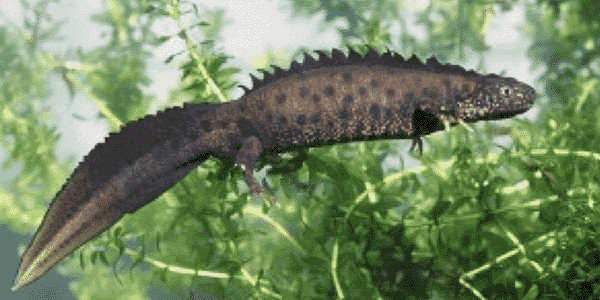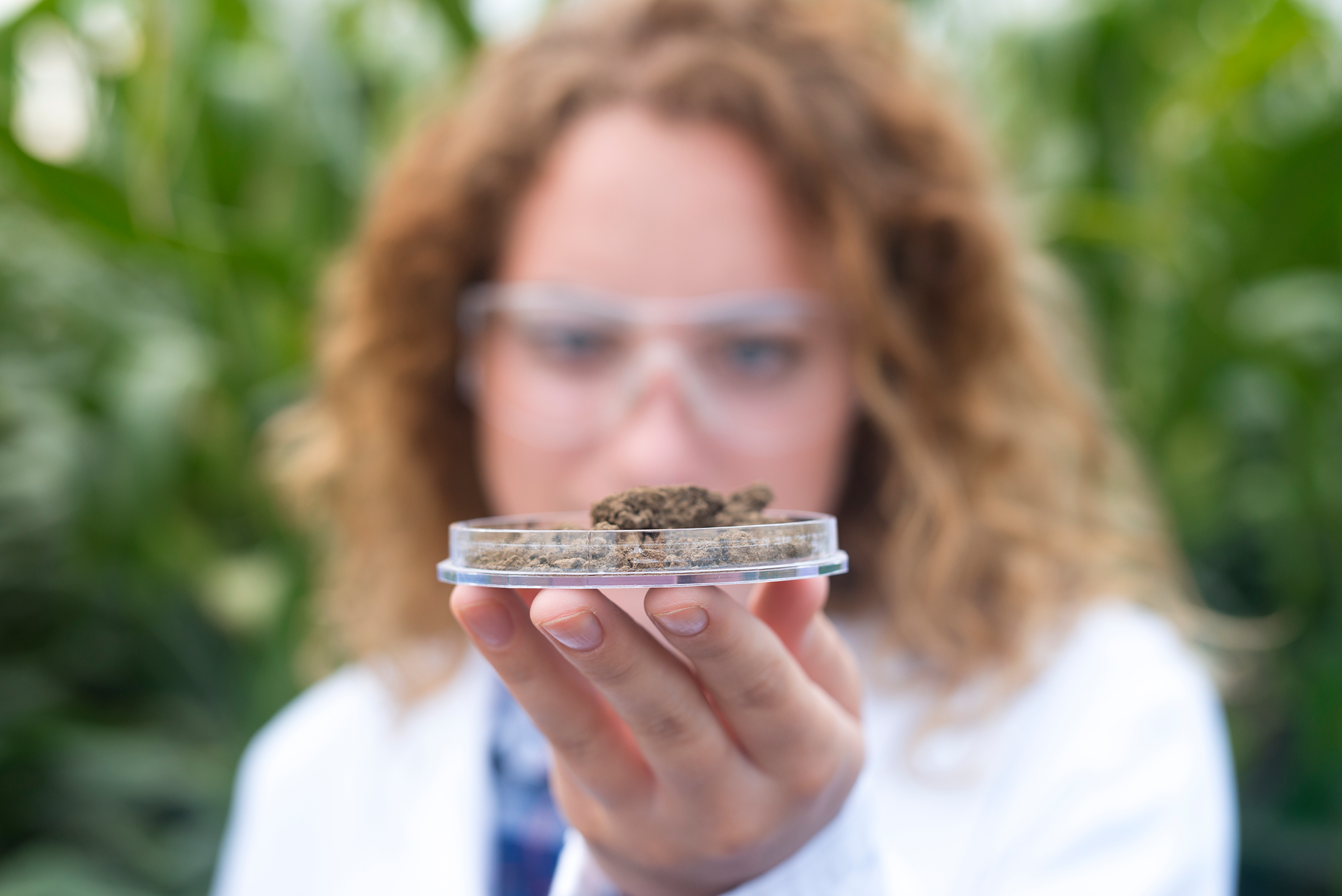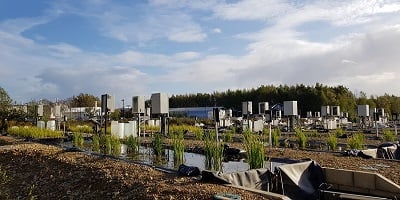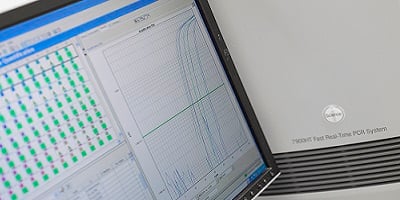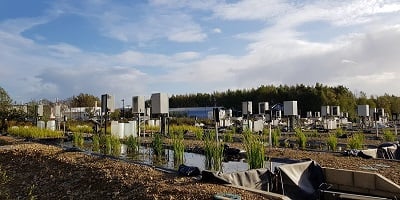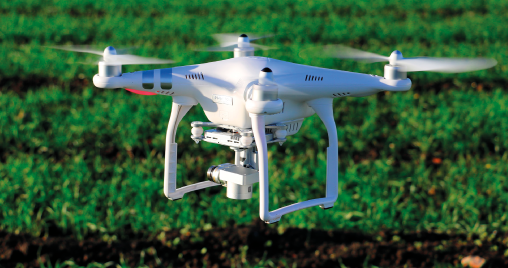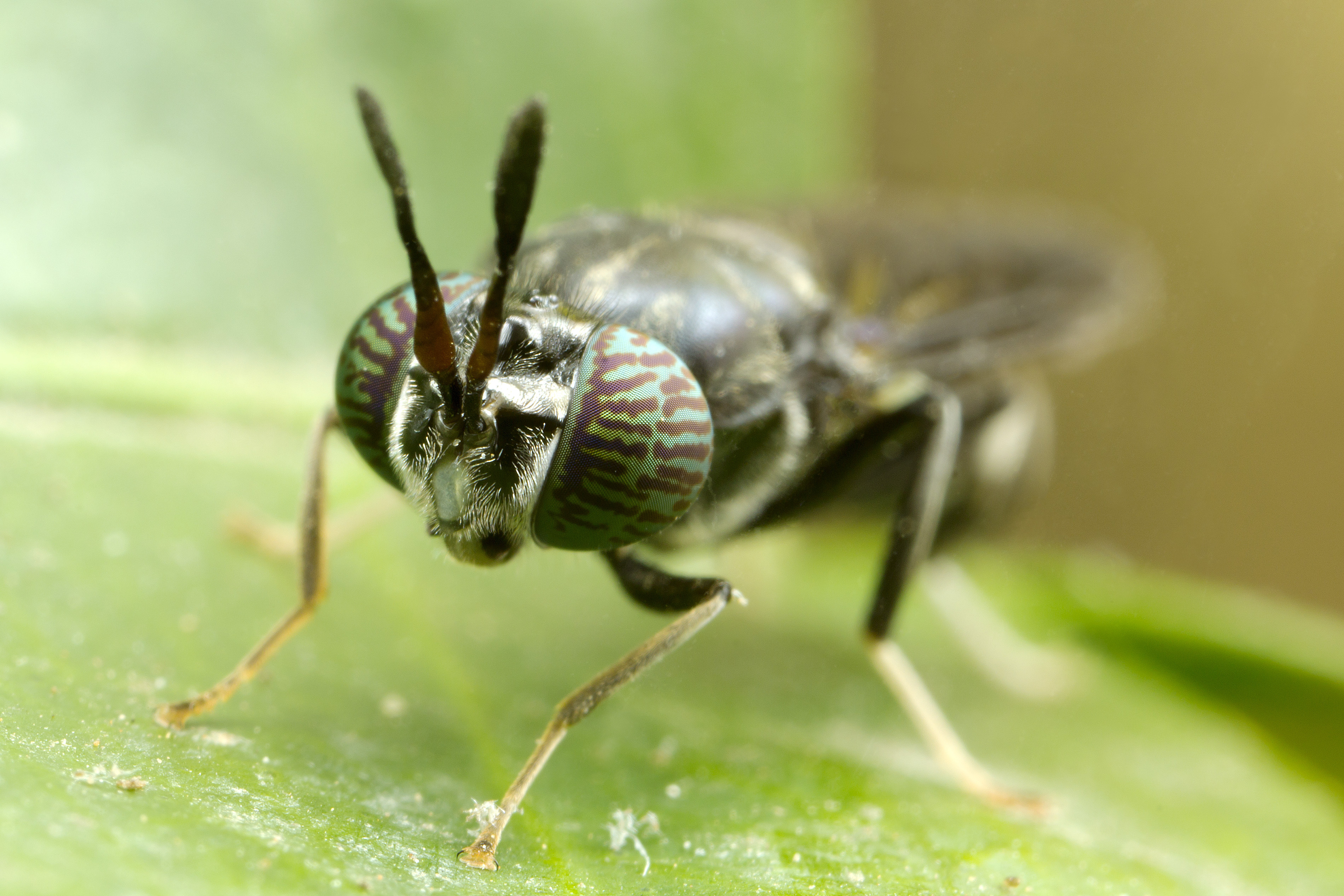Insects could cut business’ waste costs and generate new revenue streams
Fera newly established Insect Research Laboratory offers bespoke consultations and state of the art facilities to help businesses and organisations benefit from growing demand.
Millions of insect larvae can be seen eating their way through piles of organic waste in a laboratory near York. These larvae can grow as large as 5cm and, in some cases, could halve the amount of waste on which they are feeding. Once sated, these grubs serve another purpose: being very high in protein, fat, and micronutrients, they can be processed into tasty food for aquaculture, farmed livestock and in pet food.
The black soldier fly and similar insects are emerging as essential weapons in the fight to convert organic food wastes into new revenue streams and drive sustainability. Therefore, Fera is opening its doors and expertise at its base in York Biotech Campus, Sand Hutton, to empower companies to incorporate insects into their business plans.
“Insects are adapted to growing on low-value feedstuffs and manures whilst producing high quality protein and fat in a relatively short period. The potential is evident and significant,” says entomologist Maureen Wakefield, Principal Scientist at the new Insect Research Laboratory.
Insect bioconversion, in which the larvae of insects consume organic wastes before processing into animal feed and other valuable ingredients such  as oils and chitin, is gaining popularity around the world. The process mimics what happens in natural ecosystems and offers an environmentally friendly and economically viable way to deal with organic waste streams, such as spoiled agricultural produce, and food manufacturing residues.
as oils and chitin, is gaining popularity around the world. The process mimics what happens in natural ecosystems and offers an environmentally friendly and economically viable way to deal with organic waste streams, such as spoiled agricultural produce, and food manufacturing residues.
The black soldier fly is one of the most common insects used in such bioconversion and is also the most widely dispersed species in the world. According to a 2022 study published in journal Waste Management, they can reduce faecal waste by about 50%, and on a diet of waste, they are mostly made of crude protein and fat.
Fera, an international centre of excellence in science spanning the whole foodscape, aims to support businesses to reduce waste streams, repurpose, and redistribute these resources and, ultimately, assure that their operations meet sustainability goals as well as the necessary quality and safety standards.
“Our team of experts can help you realise the potential of your waste, conduct lab trials, pilot, and scale your processes and products, as well as reducing risk through quality and safety testing,” says Adrian Charlton, Safety and Quality Lead for Fera’s Insect Laboratory.
The black soldier fly is commonly used because, importantly, it does not carry human or livestock diseases. Its larvae also produce antimicrobial substances, which kill bacteria. The larvae’s voracious appetites mean that these insects are ideally suited to assisting business owners reduce their agricultural waste and cut costs whilst also driving sustainability.
Currently, 3.6 million tonnes of waste is produced by the food industry in the UK every year (taken from the website) and companies must pay for its safe disposal and large quantities end up in landfill sites. As organic waste in landfills breaks down, it produces methane and carbon dioxide, both climate-change culprits. The less organic waste that ends up in landfill, the smaller the resultant carbon footprint. Increasingly, consumers want to patronise businesses which are environmentally aware and insect bioconversion offers companies a low-risk method to boost these credentials.
As every industry and business sector will have different priorities, Fera’s expertise provides support at each step in an organisation’s journey towards identifying appropriate inclusion of insect bioconversion into their processes.
Jess Barker, Business Development Lead says: “Fera has the expertise and the facilities to explore and provide a range of solutions to address commercial and sustainability goals including reducing food waste, reducing greenhouse gas emissions, and mitigating climate change by redistributing food industry side streams and organic waste, which would otherwise go to waste. We will assess the potential for innovation and co-create with organisations end products fit for market.”
In the UK, protein from insects is permitted for use in pet food and aquaculture. Studies estimate that, if produced at scale, insect biomass conversion for animal feed and other by-products could reach total revenues of £1 billion within five years. This new industry could directly create 3,300 jobs and about 600 indirect jobs in that time - and that is only for local industry.
Globally, the world is also looking at insect biomass with interest. In Jinan, China, in 2018 the city reportedly used a billion cockroaches to eat 50 tonnes of kitchen waste a day. More recently, in September 2021, the European Union, which has one of the most stringent regulatory systems in the world, allowed insect feed to be included in the diets of pigs and poultry in addition to aquaculture, allowed since 2017. By tapping into international national markets and the growing demand for insects, the UK’s potential revenue from insect bioconversion could be significantly higher than the forecast £1 billion in the domestic market.
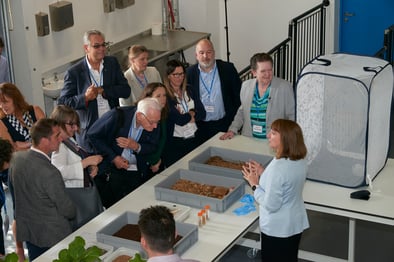
However, the use of insect protein in animal feed is just the beginning. Black soldier fly larvae, for example, offer a host of other applications when processed, such as biofertilisers, high-value fats and oils, antimicrobials for animal feed and possibly even novel materials which could be used for biodegradable packaging. Insects could also play a role in tackling household food waste or even sewage if research demonstrated safety allowing legislation and regulation to follow,
Working together with industry sectors, businesses, and regulators, Fera’s new dedicated insect research laboratory aims to find new opportunities across this growing industry. Through such collaborations, researchers, and entrepreneurs as well as established businesses can find new ways to take advantage of insect bioconversion.
Find out how Fera can help you manage your waste side streams to improve your environmental footprint and supply chain sustainability with insect bioconversion solutions by visiting https://www.fera.co.uk/insect-bioconversion-services

